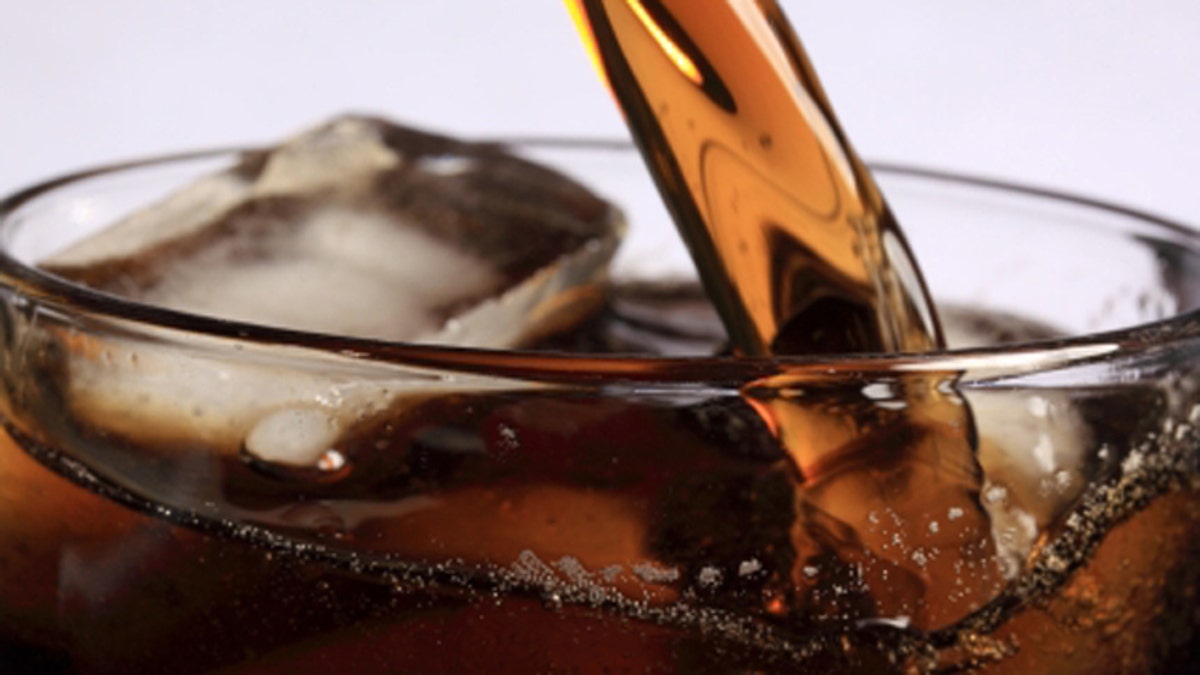
(iStock)
The media is once again abuzz with dangerous and misleading headlines. This week’s cringe-worthy claim – the sweeteners in diet soda lead to weight gain and can make people “metabolically deranged.” As a registered dietitian and consultant to the food and beverage industry, this particular story struck a chord. Perhaps it’s because most media reporting on the story neglected to tell consumers that this conclusion is based on an opinion not the result of an actual study.
I’d like to set the record straight by saying that people should feel completely confident that low- and no-calorie sweeteners are safe. In fact, low- and no-calorie sweeteners are some of the most studied and reviewed ingredients in the food supply today. There’s a vast body of evidence on their safety from leading experts around the world.
Articles like these only bring about more confusion and fear to already edgy consumers unsure of what to believe. In the aftermath of sensational headlines and incomplete stories like this, registered dietitians like myself and other health professionals are left to pick up the pieces.
So here goes. If you’re confused about where to go from here or whether you should keep or throw out your favorite diet drink, I hope this will put you on the right track:
- Having an Opinion Doesn’t Make It Truth: It is very important for consumers to understand that this is an opinion article not a peer-reviewed study. Leading experts respect these types of studies because they are usually indicators of “sound science.” Unfortunately, the author of this report dismisses the large body of peer-reviewed studies that demonstrate the safety and benefits of low-and no-calorie sweeteners. But according to an article by Trevor Butterworth, it appears as though the author did this to help bolster her opinion. He highlights results of a major study published last year that shows replacing caloric drinks with either diet beverages or water brought about weight loss. That is a fact.
- Safety of Sweeteners Broadly Recognized: In addition to Food and Drug Administration conclusions that sweeteners are safe, many leading medical groups have thrown their support behind these ingredients. Sweeteners have been recognized as safe and beneficial by the American Heart Association, the American Diabetes Association, the Academy of Nutrition and Dietetics, the American Cancer Society and the list goes on.
- Don’t Get Caught Up in the “Rat Race”: The studies that were reviewed to come up with this “opinion” were all done in rats and other animals. While these findings shouldn’t be discounted for this fact alone, this often makes it difficult to make definitive claims about human behavior. Because there are numerous studies in humans that show just the contrary. Studies show that consumption of low- and no-calorie sweeteners does not lead to an increase in blood glucose levels, energy intake, feelings of hunger or body weight when controlling for other factors. In fact, a 2012 review of human studies on low-calorie sweeteners did not show a connection between sweeteners and higher body weights in adults.
Now that you have the information, it’s up to you. When you see stories like this in the future (and you will), make sure you have all the facts. Speak to a nutrition or healthcare professional to help set the record straight on confusing reports that misrepresent the value of important weight loss tools like this.
Sylvia Meléndez Klinger, a registered dietitian and certified personal trainer, is founder of Hispanic Food Communications, a food communications and culinary consulting company based in Hinsdale, Ill. She is Hispanic and uses her in-depth culinary and cultural expertise to introduce new strategies for wellness to an increasingly health-conscious Hispanic population. For more on her, go to hispanicfoodcommunications.com.
Follow us on twitter.com/foxnewslatino
Like us at facebook.com/foxnewslatino
